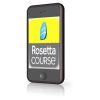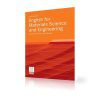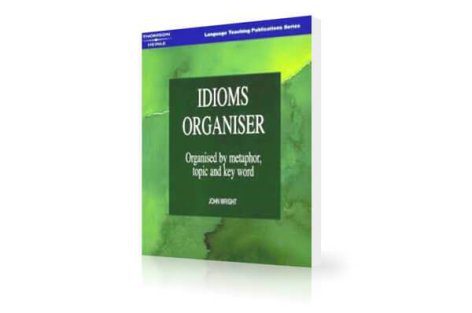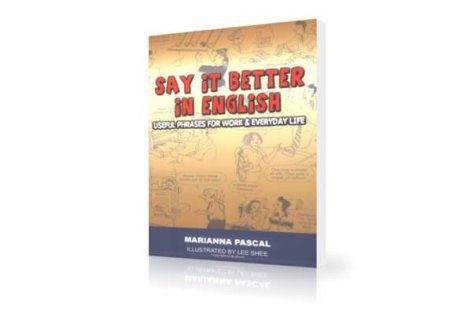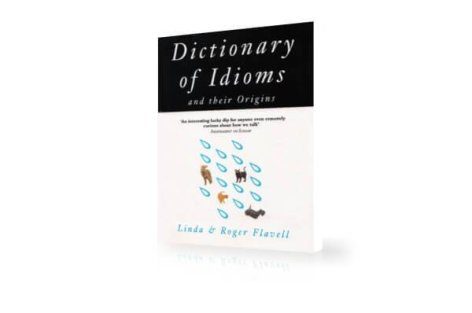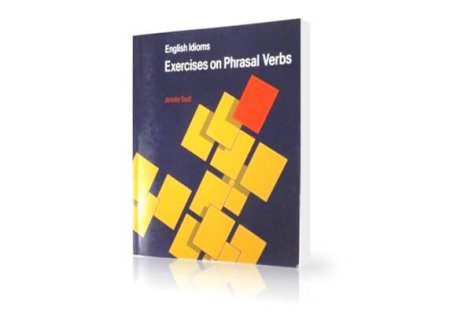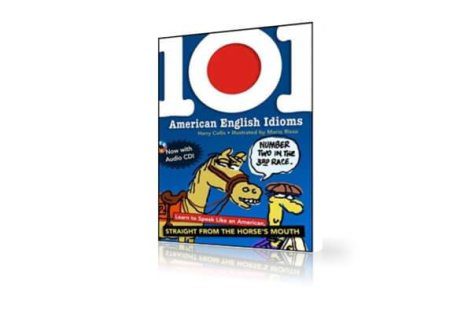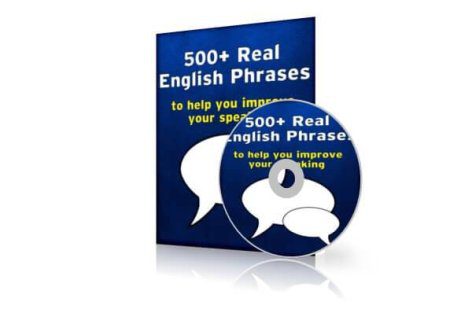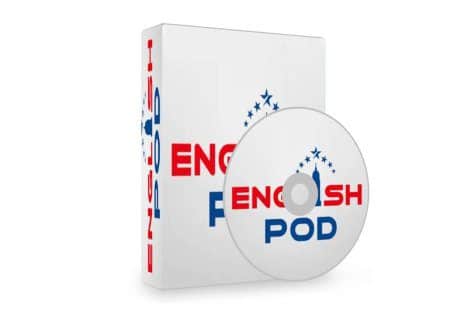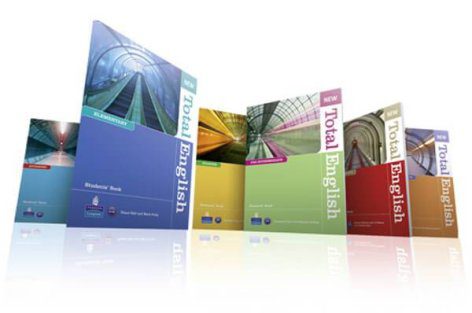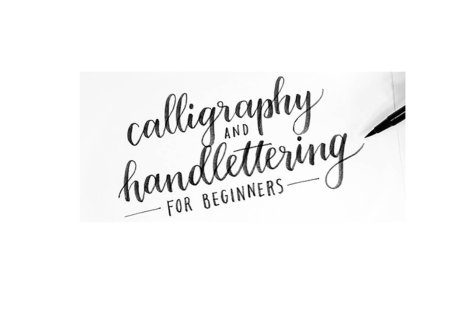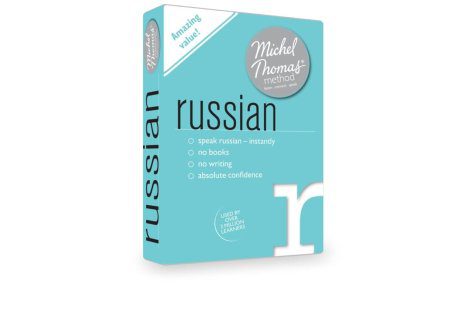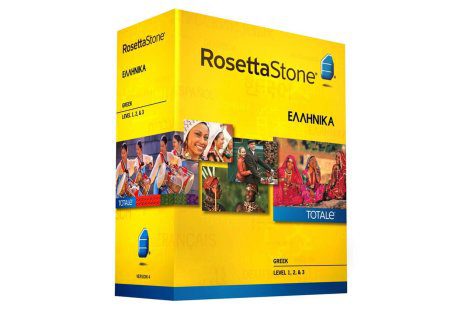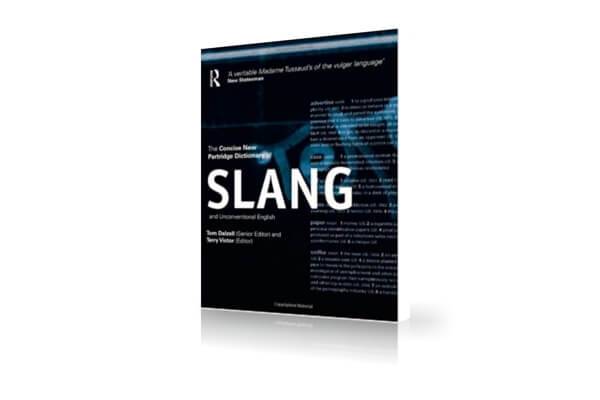
در این مطلب دیکشنری اصطلاحات عامیانه انگلیسی یا همان Slang های انگلیسی را خدمت شما دوستداران زبان انگلیسی معرفی می نماییم. همانطور که مستحضرید، در زبان انگلیسی اصطلاحات شامل چند دسته می شوند که یکی از آنها Slang ها هستند که به شدت در جامعه انگلیسی زبان کاربرد دارند. دیکشنری فشرده اسلنگ ها که امروز به معرفی آن می پردازیم، حاوی عبارات کوچه بازاری رایج بین انگلیسی زبانان است. در ادامه مطلب بیشتر در مورد تعریف اسلنگ و اینکه چگونه ساخته می شود بحث می کنیم.
و اما اسلنگ چیست؟
اکثر شما زبان آموزان با معنای واژهی “اسلنگ” آشنا هستید. واژه ها و عبارات اسلنگ در زبان رسمی و ادبی پذیرفته شده نیستند. اسلنگ به غیر رسمی ترین مشخّصه های زبان محاوره تعلّق دارد ، اغلب از زبان فرهنگی یک گروه اجتماعی – فرهنگی سرچشمه می گیرد.
اسلنگ شامل کلمات جدید الاختراع، و کلمات معیّن با معانی غیر استاندارد متفاوت است. واژه های اسلنگ در گفتارهای روزانه و مکالمات با افراد خودمانی کاربرد دارد. این کلمات در بین جمعیّت کثیری کاربرد دارند و به وسیله اکثریت جمعیّت شناخته می شوند. واژه های اسلنگ و عبارات مصطلح، قسمت بزرگی از دامنه لغات اکتیو انگلیسی را تشکیل می دهند. به عنوان یک قاعده، این عبارات از لحاظ احساسی پررنگ هستند و برای قدرت دادن به گفتگوی کسی از آنها استفاده می شود.
اگر چه آنها به طور معمول در گفتگوی شفاهی غیر رسمی به کار می روند، ولیکن اغلب در جراید یافت می شوند و بهطور مکرّر در برنامه های عامه پسند تلویزیونی و رادیویی نیز شنیده می شوند. از اینها که بگذریم، استفاده از واژه ها و عبارات اسلنگ برای کسانی که زبانی را به عنوان زبان دوّم خود می آموزند ریسک محسوب می شود. این عمدتاً بدین دلیل است که اکثر اصطلاحات اسلنگ معمولاً بار معنایی بدی دارند و ممکن است زشت و زننده باشند.
Concise Dictionary of Slangs
Eric Partridge made a deep and enduring contribution to the study and understanding of slang. In the eight editions of The Dictionary of Slang and Unconventional English published between 1937 and 1984, Partridge recorded and defined the slang and unconventional English of Great Britain, and to a lesser extent her dominions, from the 1600s to the 1970s.
For the years up to 1890, Partridge was by his own admission quite reliant on Farmer and Henley’s Slang and its Analogues, which he used as an ‘expansible framework’. When it came to the slang for the years 1890 to 1945, Partridge was original and brilliant, especially in his treatment of underworld and military slang. His attitude towards language was scholarly and fun-loving, scientific and idiosyncratic. His body of work, scholarship and dignity of approach led the way and set the standard for every other English-language slang lexicographer of the twentieth century.
Our respect for Partridge has not blinded us to the features of his work that have drawn criticism over the years. His protocol for alphabetising was quirky. His dating was often problematic. His etymologies at times strayed from the plausible to the fanciful. His classification by register (slang, cant, jocular, vulgar, coarse, high, low, etc.) was intensely subjective and not particularly useful. Furthermore, his early decision to exclude American slang created increasingly difficult problems for him as the years passed and the influence of American slang grew. Lastly, Partridge grew to lose the ability to relate to the vocabulary he was recording. In 1937, Partridge was a man of his time, but the same could no longer be said in 1960.
There is a profound relationship between language and culture, and neither Partridge nor Paul Beale, editor of the 8th edition, seem to have assimilated the cultural changes that began at the end of World War 2. This left them without the cultural knowledge needed to understand the language that they were recording. Their lack of cultural understanding accelerated with time, and this is sadly reflected in the later entries. Beatniks and drug addicts, and their slang, baffled Partridge and Beale, who lacked either the personal experience or historical perspective needed to understand underlying countercultures.
Partridge himself observed, ‘More than almost any other kind of book, a dictionary constantly needs to be revised; especially, of course, if it deals with the current form of a language and therefore has to be kept up to date’. With The New Partridge Dictionary of Slang and Unconventional English we tried to do just that. We picked up where Partridge left off, recording the slang and unconventional English of the English-speaking world since World War 2 with the same scholarship and joy in language that characterised Partridge’s work. We are not, and cannot be, Partridge: but we can strive to be proud heirs of Partridge and to speak with a voice that Partridge would recognise as an echo of his own.
We have worked hard to continue the Partridge tradition, observing high standards of lexicography while producing an accessible work informed by, and infused with, the humour, mischief and energy that are endemic to slang. This Concise version of the New Partridge contains every entry in New Partridge as well as several hundred new words that have come into the slang lexicon since 2005. The Concise is presented without the hundreds of thousands of citations in the New Partridge, creating an affordable alternative to our update of Partridge. Lastly, we improved dating information given on hundreds of headwords.
با این توضیحات می رویم سراغ دانلود دیکشنری فشرده اصطلاحات عامیانه انگلیسی Concise Dictionary of Slangs از لینگومن.
 لینگومن | لینگومن | خرید و دانلود کتاب، نرم افزار، فیلم و انیمیشن آموزش زبان
لینگومن | لینگومن | خرید و دانلود کتاب، نرم افزار، فیلم و انیمیشن آموزش زبان
